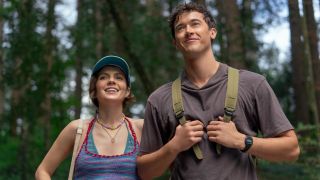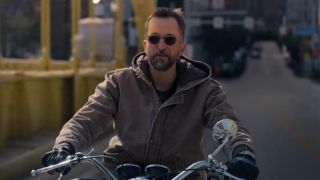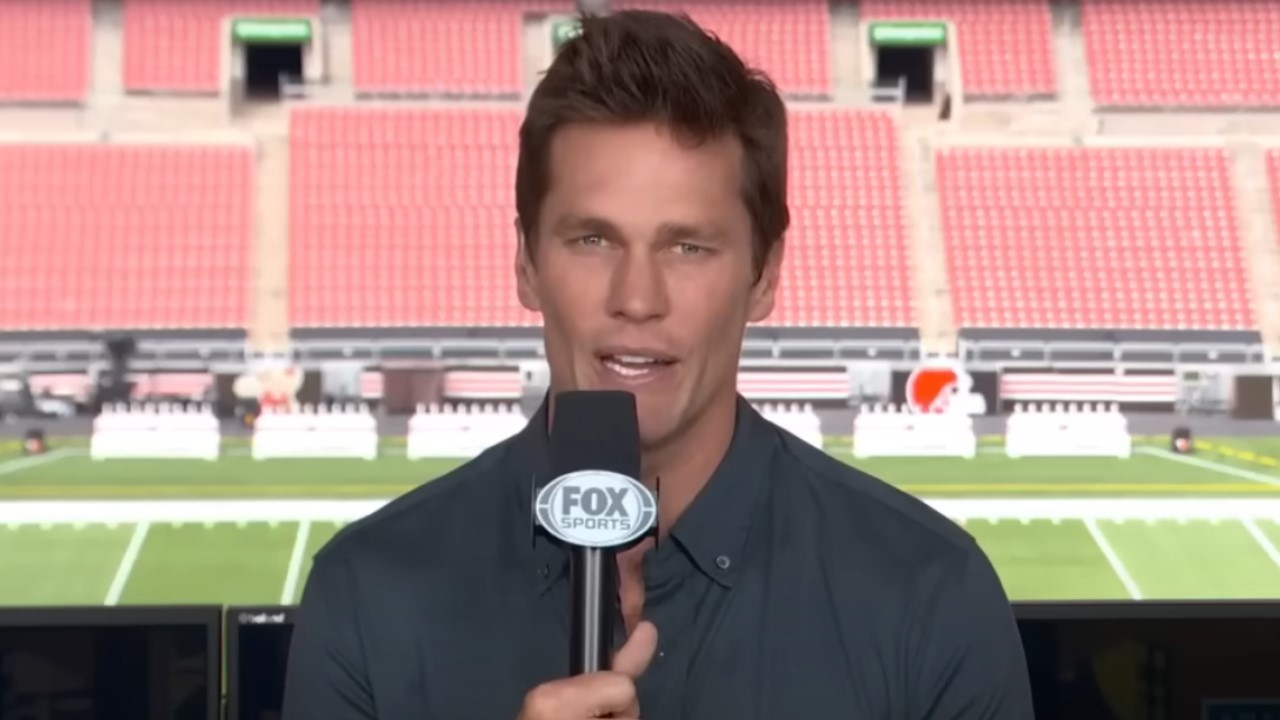Interviews
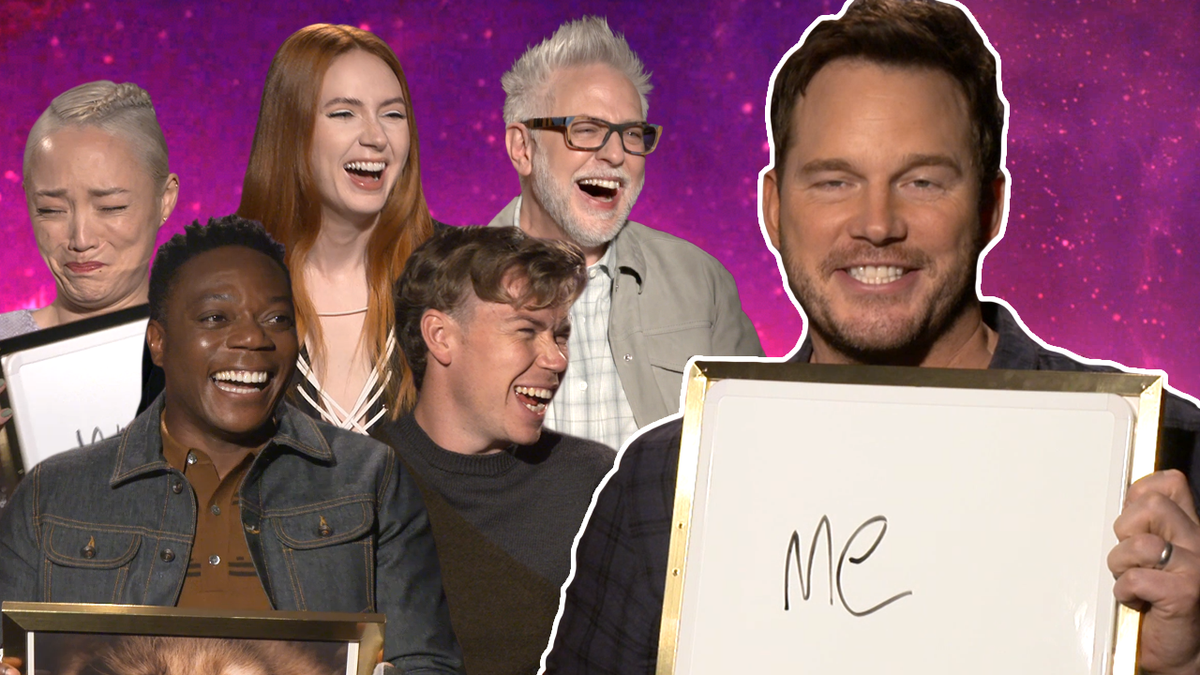
CinemaBlend frequently sits down with the talent who are responsible for the movies, television shows, streaming features, and pop-culture moments that you want to be reading more about. From Tom Hanks to the cast of Avatar, from the latest contestant on The Masked Singer to the cast of Yellowstone, CinemaBlend ample time for exclusive conversations with Hollywood's biggest stars.
And CinemaBlend prides itself on asking talent the questions that they aren't hearing from every other outlet, leading to passionate answers that are meant to educate and entertain you, our readers. If they are important in Hollywood, they are speaking with CinemaBlend.
Latest about Interviews

Todd And Julie Chrisley Got Real About The Masked Singer Referencing Their Prison Time: ‘We’re Not Running From That’
By Mick Joest published
Exclusives They're not afraid.
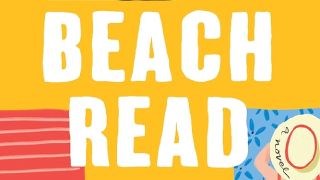
Beach Read’s Director Is Aware Of The Fancasting, And Told Me Why She Had Her Assistant Make A PowerPoint About It
By Riley Utley published
Let's talk about the fans' dreams for January and Gus.
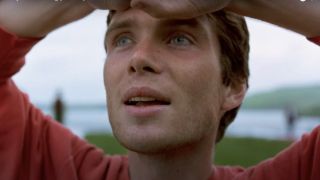
Bringing Cillian Murphy Back To 28 Days Later Was Great, But One Moment Stood Out Most
By Corey Chichizola published
exclusives Mind blown.
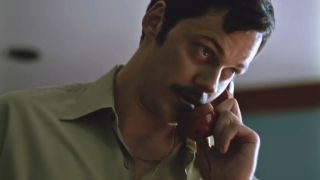
How Bill Skarsgård Views His Transformation For Dead Man’s Wire Compared To The Extremes He Went To For IT And Nosferatu
By Eric Eisenberg published
Exclusives The actor discusses his unique process.

I Had To Ask Heather Gay From RHOSLC About The Finale's Brutal Sisters Of Salt Reads
By Corey Chichizola published
Exclusives I can't stop thinking about the Greek Tragedy take on Salt Lake City.
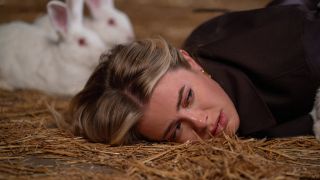
The Hunting Party Got Off To A Gruesome Start With Eric McCormack, But I’m Still Thinking About Melissa Roxburgh And That Swarm Of Live Bunnies
By Laura Hurley published
Exclusives The Will & Grace actor played a serial killer to start Season 2, while the leading lady was buried in bunnies.
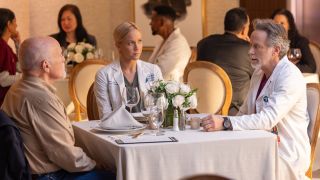
After Chicago Med’s Boss Promised Archer’s ‘Reasons To Clash’ With Hannah’s Dad, I’m Actually Excited About How Messy The Fallout Could Be
By Laura Hurley published
Exclusives The plot is suddenly a whole lot thicker for Hannah and Archer.

Stranger Things' Jamie Campbell Bower Is Just Like Us As He Shares The Online 'Rabbit Holes' He Went Down While Filming The Final Episodes
By Sarah El-Mahmoud published
Exclusives The Vecna actor talks wrapping up his Stranger Things role.
Your Daily Blend of Entertainment News
